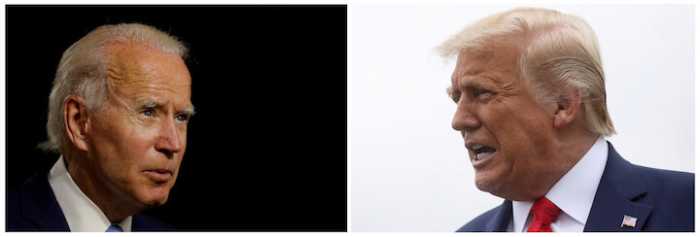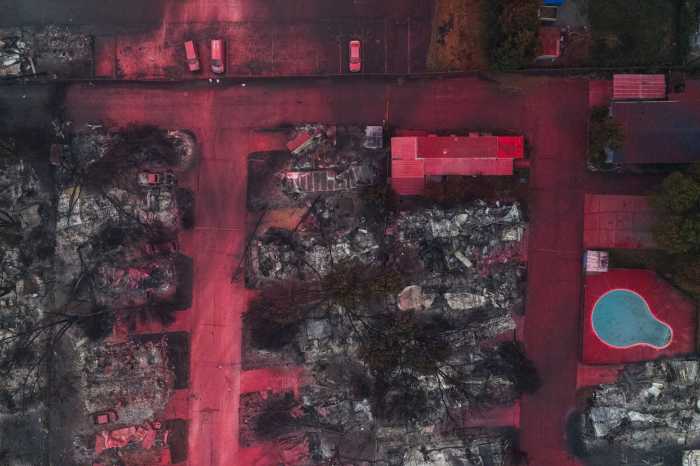Republican senators meeting with U.S. Supreme Court nominee Amy Coney Barrett on Tuesday praised the conservative judge picked for the lifetime post by President Donald Trump, but faced questions about whether she should recuse herself from potential election-related cases that could reach the court.
Barrett began holding the customary meetings with individual senators that precede Senate Judiciary Committee confirmation hearings, making Majority Leader Mitch McConnell her first stop. A favorite of religious conservatives, Barrett stood silently for reporters and TV cameras, flanked by Vice President Mike Pence and McConnell.
Senator Ted Cruz, a Judiciary Committee member, said Barrett should not recuse herself if she is confirmed and the justices are called upon to decide disputes arising from the Nov. 3 election in which Trump is seeking a second term in office.
“The entire reason the Senate should act, and should act promptly to confirm a ninth justice, is so the Supreme Court can resolve any cases that arise in the wake of the election,” Cruz said as he met with Barrett.
Democrats are urging Barrett to recuse herself from any election-related cases because of Trump’s comments that he expects the justices to potentially decide the election outcome, but decisions on recusal are left to individual justices. The Supreme Court has determined a U.S. presidential election’s outcome only once, in 2000, leading President George W. Bush to the White House.
Pence, McConnell and some other Republican senators did not reply to questions about recusal. Democrats are likely to seek a pledge that she do so.
Trump announced Barrett on Saturday as his nominee to replace liberal Justice Ruth Bader Ginsburg, who died on Sept. 18. Thus far, Barrett has met only with Republican senators.
With Democrats opposing her nomination, Pence said Barrett, should receive a “respectful hearing” before the Judiciary Committee, followed by swift Senate confirmation. The Republican president has asked that the Senate confirm her before the election.
Trump named Barrett in 2017 to the Chicago-based 7th U.S. Circuit Court of Appeals, one of the regional federal appeals courts that are a step below the Supreme Court.
Senator Chuck Grassley, who served as Judiciary Committee chairman during the confirmation hearings for Trump’s first Supreme Court two appointees Neil Gorsuch and Brett Kavanaugh, said of Barrett: “With her reputation, I would say that she’s got a good chance of getting my vote.”
She was due to meet current Judiciary Committee Chairman Lindsey Graham later in the afternoon.
Republicans hold a 53-47 majority in the Senate and her confirmation appeared a virtual lock. But Democrats could try to make the process as rocky as possible with the election looming. If Barrett is confirmed as expected, the court’s conservative majority would widen to 6-3.
Confirmation hearings are set to begin on Oct. 12. Graham has said that his committee will likely vote on the nomination on Oct. 22, setting up a final confirmation vote on the Senate floor by the end of the month.
Democrats including the party’s presidential nominee Joe Biden have said the court’s vacancy should be filled by the winner of the election, a view shared by a majority of Americans, according to recent opinion polls.
Senate Republicans in 2016 refused to consider a Supreme Court nomination by Trump’s Democratic predecessor Barack Obama because they said it would be inappropriate to do so during an election year.
Senate Democratic Leader Chuck Schumer, interviewed on ABC TV’s talk show “The View,” said “no one disputes” Barrett’s personal characteristics, but that her presence on the court could threaten healthcare, the environment and other issues.



























